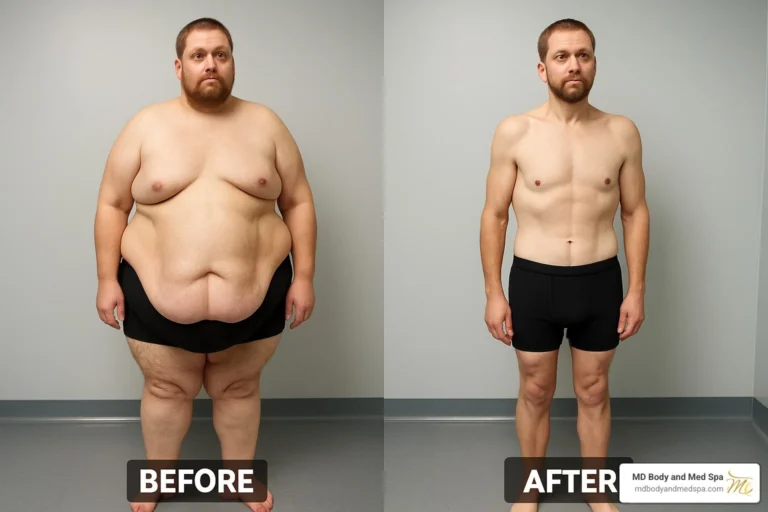Nutritional Guidelines to Support Weight Loss Goals

Weight loss depends heavily on the choices made at mealtimes, making nutritional guidelines a key component of success. Proper nutrition provides the body with necessary energy while creating a calorie deficit that supports healthy weight reduction. Guidelines focus on balancing macronutrients such as proteins, carbohydrates, and fats, while emphasizing the value of vitamins, minerals, and fiber. Following structured recommendations can help prevent nutrient deficiencies and maintain energy levels during weight loss. Nutrition also affects satiety, mood, and exercise performance, all of which influence long-term outcomes. By understanding what and when to eat, individuals can make consistent progress toward goals.
How Do Macronutrients Affect Weight Loss?
Proteins, carbohydrates, and fats each play a distinct role in supporting weight loss efforts. Proteins help preserve lean muscle mass and improve satiety, reducing the likelihood of overeating. Carbohydrates provide energy for daily activity and workouts but should be chosen wisely—whole grains and vegetables offer more fiber and nutrients than refined options. Healthy fats support hormone balance and provide long-lasting energy.
Overemphasizing one macronutrient while neglecting others can create imbalances that hinder loss. Understanding portion sizes and timing meals to match activity levels helps maximize the benefits of each nutrient. By following balanced macronutrient principles, individuals can reduce cravings and maintain steady energy throughout the day.
What Role Do Portion Control and Meal Timing Play?
Portion control is a practical way to reduce calorie intake without drastically changing diet quality. Measuring servings and using visual cues can prevent overeating and support gradual loss. Meal timing is another tool; eating smaller, frequent meals may help regulate hunger and maintain steady energy.
Planning meals around activity levels ensures the body receives fuel when needed most. Skipping meals or eating irregularly can lead to overeating later, reducing the effectiveness of nutritional strategies. Combining portion control with regular meal timing encourages mindful eating habits.
These approaches also promote better digestion and improved metabolic response. By being intentional with both what and when to eat, individuals strengthen their progress. Nutrition works best when combined with healthy lifestyle habits.
How Can Healthy Habits Support Nutritional Goals?
Drinking adequate water throughout the day supports metabolism and may reduce the temptation to snack unnecessarily. Regular physical activity complements dietary changes, burning additional calories and preserving muscle mass. Sleep and stress management also affect weight regulation, as fatigue and stress can lead to increased cravings and less adherence to guidelines.
Tracking progress, whether through journaling or apps, allows for adjustments and accountability. Small, consistent changes—like swapping sugary drinks for water or adding more vegetables to meals—can have significant long-term effects. Establishing these habits ensures that weight loss is gradual, sustainable, and less likely to be followed by rebound weight gain.
Take Control of Your Weight Loss Journey
Following nutritional guidelines provides a clear roadmap for achieving goals safely and effectively. By focusing on balanced macronutrients, portion control, and meal timing, individuals can make measurable progress over time. Supporting these practices with healthy lifestyle habits increases energy, reduces cravings, and promotes long-term success. Weight loss is not just about restricting calories but about creating sustainable routines that support overall health. Whether starting fresh or adjusting existing habits, professional guidance and consistent monitoring help ensure that goals remain realistic and achievable. Take the first step today by reviewing your current eating habits and planning a balanced approach to reach your objectives.
- What to Expect When Visiting a Foot and Ankle Specialist
- Causes of PTSD
- The Link Between Plantar Fasciitis and Weight Gain: What You Need to Know
- How Pet Ownership Can Positively Impact Life with Fibromyalgia
- The Importance of Stretching and Flexibility in Sports Medicine
Dr. Emma Green is a health and wellness expert with over 10 years of experience in nutrition and fitness. Passionate about helping others live their healthiest lives, Dr. Green shares practical advice on wellness, nutrition, and sustainable living through LivingSpristine.






